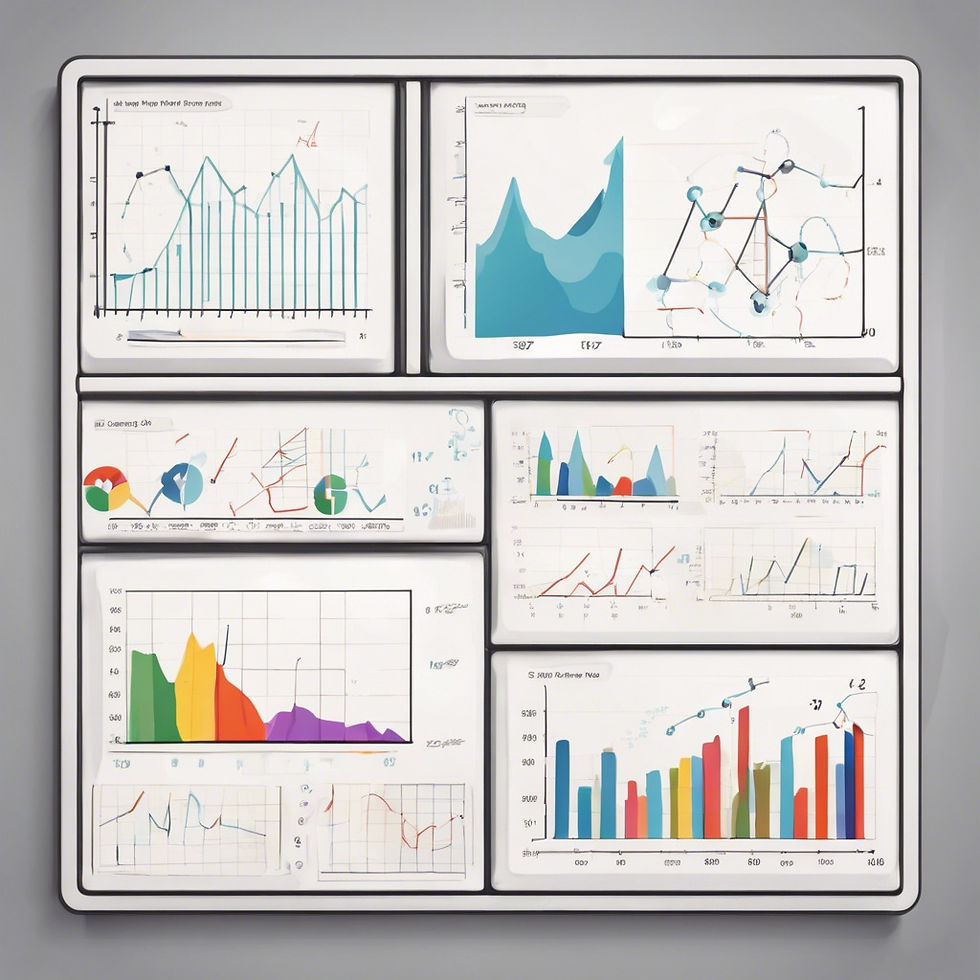'Data science' isn't college-prep math (or science), say university profs
- Joanne Jacobs
- Mar 7, 2024
- 2 min read
"Data science" is a popular choice for students who struggled in traditional math classes, reports Javeria Salman on the Hechinger Report. In Oxnard, near Los Angeles, students are analyzing data on topics such as whether social media use during class affects learning. Many did poorly in Algebra II -- or aren't taking it all. Most have no plans to take math-intensive courses in college.
Students say the data courses are more "real world" -- and less frustrating.

"Seventeen states now offer data science (an interdisciplinary field that combines computer programming, math and statistics) as a high school math option," writes Salman. "Oregon and Ohio — offer it as an alternative to Algebra II."
Last year, the University of California reversed its 2020 decision to let students substitute data science for Algebra II. In February, the panel said there's not enough math in the courses now offered to count as a recommended fourth year of math for university applicants. It's more like an introduction to data literacy.
Oxnard will limit the data course to students who've passed Algebra II or are taking it at the same time. "The district is also considering a pilot course that would integrate Algebra II and Data Science," writes Salman.
Infusing data concepts into Algebra II is a better option, says Adrian Mims, founder of the Calculus Project. Replacing Algebra II with data science will track students into remedial math in college, he fears.
"Introductory data science courses may whet high school students’ appetites," write two Berkeley professors. But, students who take data science instead of Algebra II "will not be adequately prepared for science and technology majors in college. write Jelani Nelson and Jennifer Chayes in EdSource. That includes majors in data science.
Chayes is dean of the Berkeley's College of Computing, Data Science, and Society, and professor of electrical engineering and computer sciences, information, mathematics and statistics. Nelson is a professor of electrical engineering and computer sciences at Berkeley.



Note that the assumption in all of these discussions is that students need to take more advanced math and go to college. Many of them just aren't good at math, don't enjoy math, or don't need either advanced math or college. Welders, plumbers, mechanics, electricians, contractors, nurses, etc don't need advanced math and don't need much in the way of (four year) college. I make more per hour worked from my (now part time) Harley Davidson mechanic shop than I do as a high school math teacher although I still enjoy the latter job more. The engineering degree got me the latter, an enjoyment of tinkering and a lack of money to pay a mechanic when I was younger…
It helps to remember that, in the International Standard Classification of Education's field descriptions, "mathematics" and "statistics" are different subjects, and are coded as such, even if they are studied within the same classes in the integrated maths taught in basic ed around the world.
At least two professors at Berkeley are able to call this out for what it is, setting students up to fail who think they'll be ready to major in engineering, math, or computer science (they aren't going to make it, folks)...
<sigh>
"Data science" is one of those fields that fits the rule "If it includes the word SCIENCE, it ain't a science." Most data science grads become the scullery maids in some great kitchen of data analysis. The chefs know math, lots of math.
As someone who's badge at work actually says "data analyst", I'd point out: it's not math. I have a degree in physics and another in engineering, so I've seen a little math in my day. What I do every day at work isn't it. The most mathy I get is when I ask the computer to calculate a median.